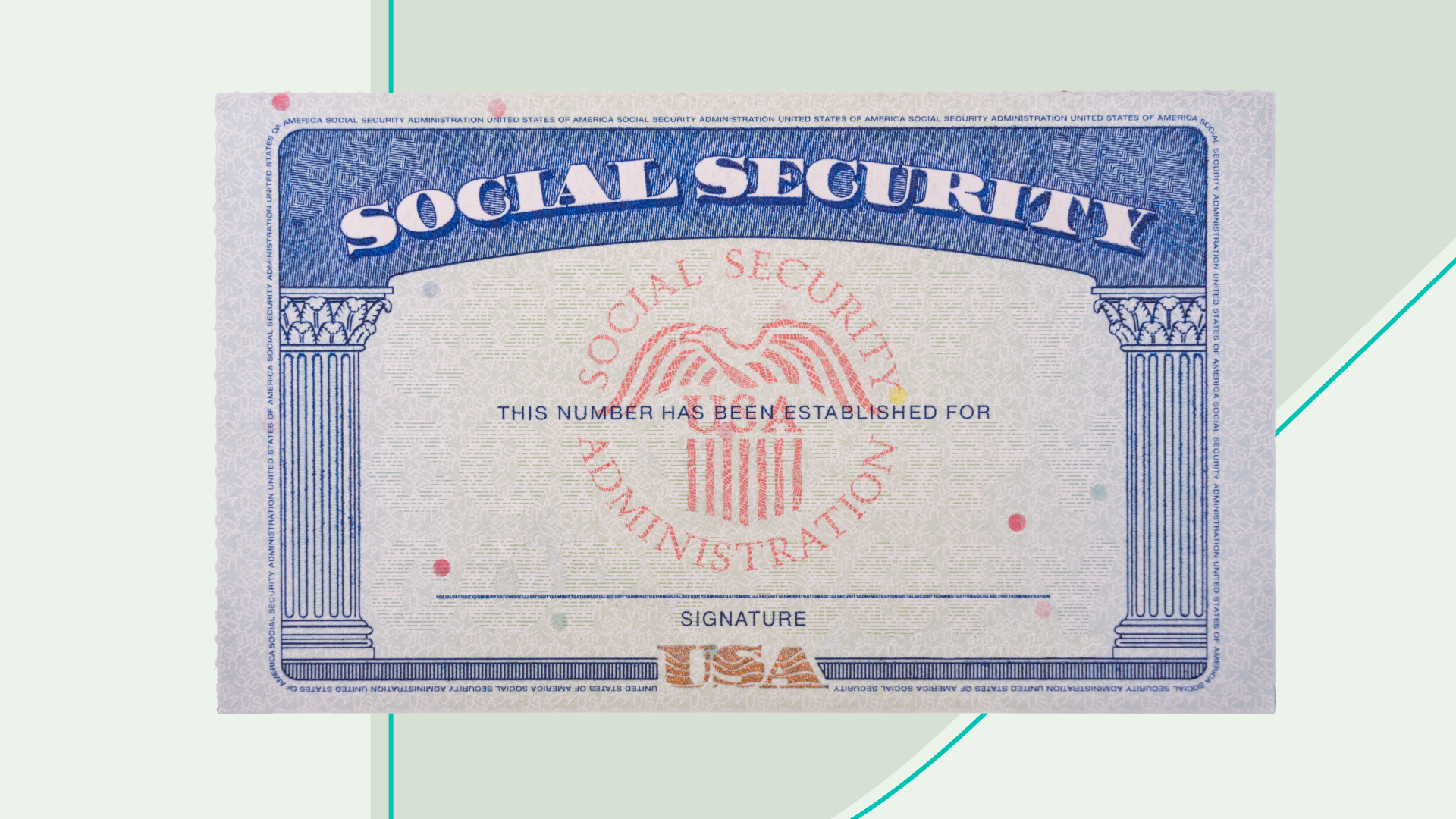
Invest For Retirement
Add laying on a beach, traveling the world, and getting into gardening to the list of things we’d rather do than work. Then add “how to pay for all that” to the list of things that feel impossible. More than half of all millennials feel like they’re off-track when it comes to saving for retirement. We Skimm’d the info you need to get the post-work life you’re already dreaming of.
Get Your Number
Because it’s hard to reach a goal if you don’t know what it is.Learn the Language
Don't let retirement account alphabet soup (we see you, IRA) keep you from saying 'ABC you later' to office life.Do the Work
So you got ‘mansion in Miami’ when you played MASH. But no one ever told you how to make that happen. So, here you go.Want more $$$ news from theSkimm?
Sign up for our Skimm Money newsletter for more on the biggest financial headlines and trends, and how they affect your wallet.
© 2025 theSkimm, All rights reserved
This site is protected by reCAPTCHA and the Google Privacy Policy and Terms of Service apply.



